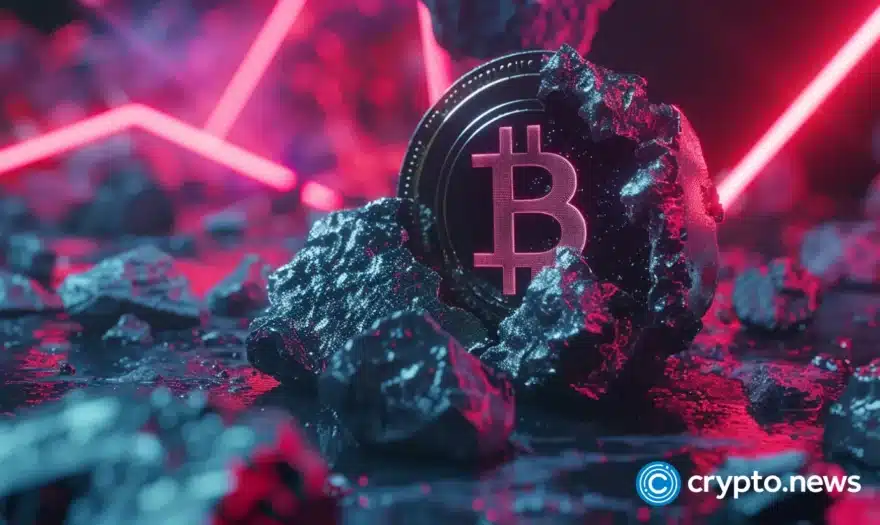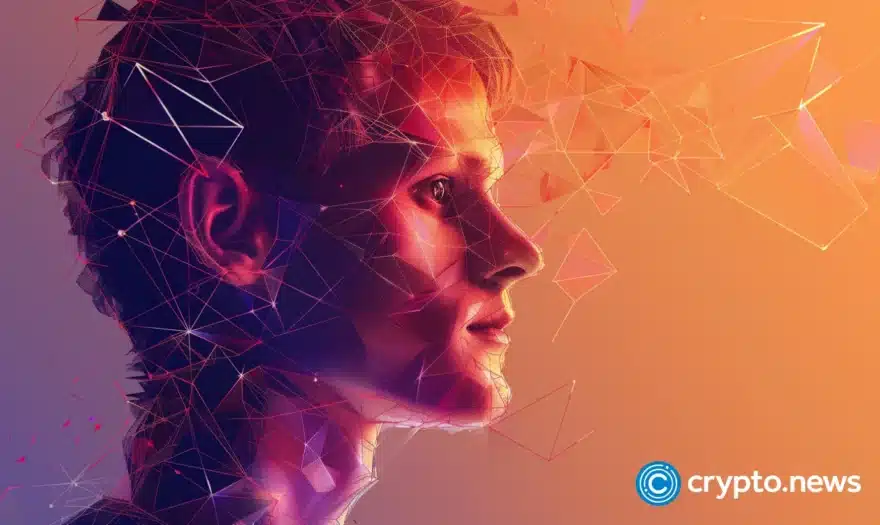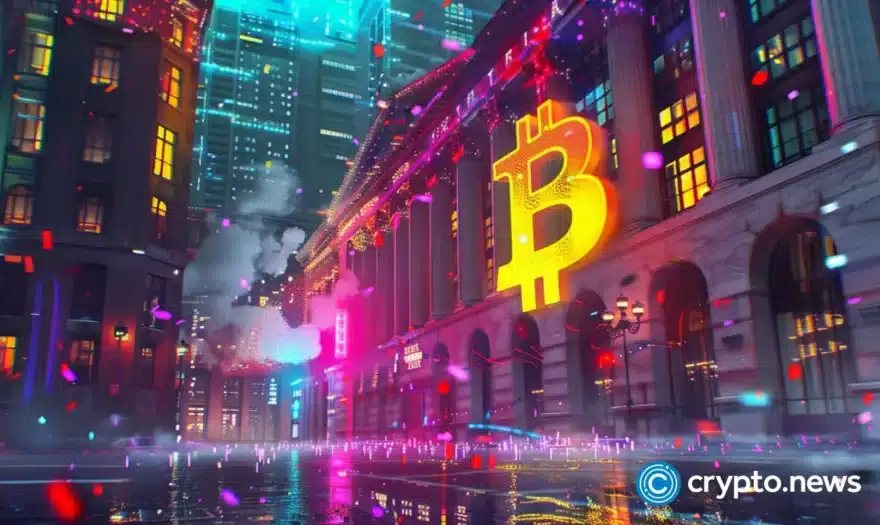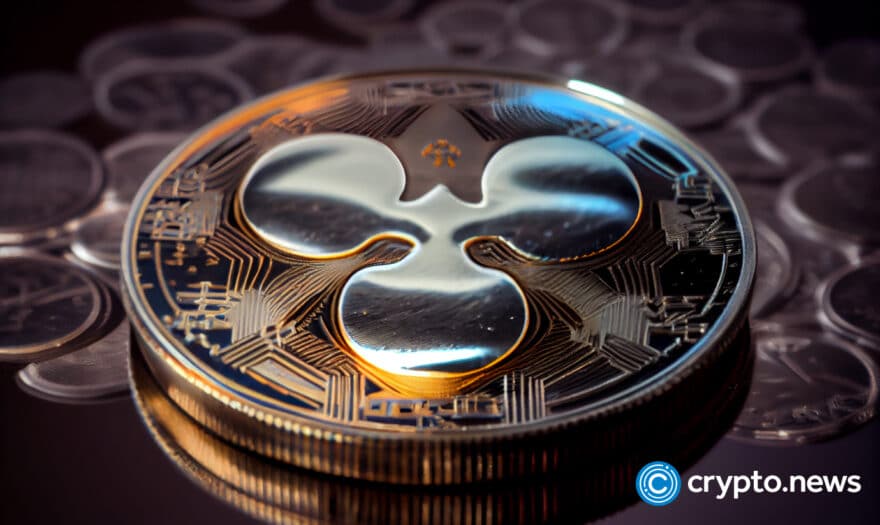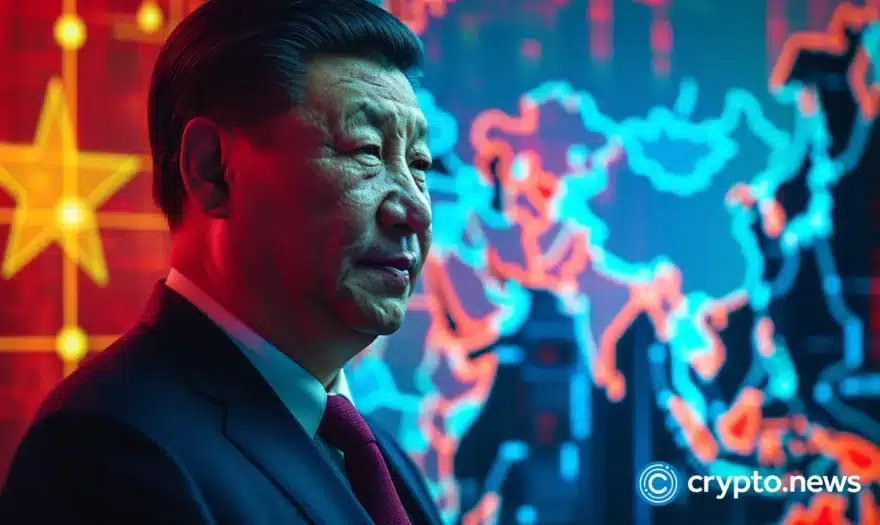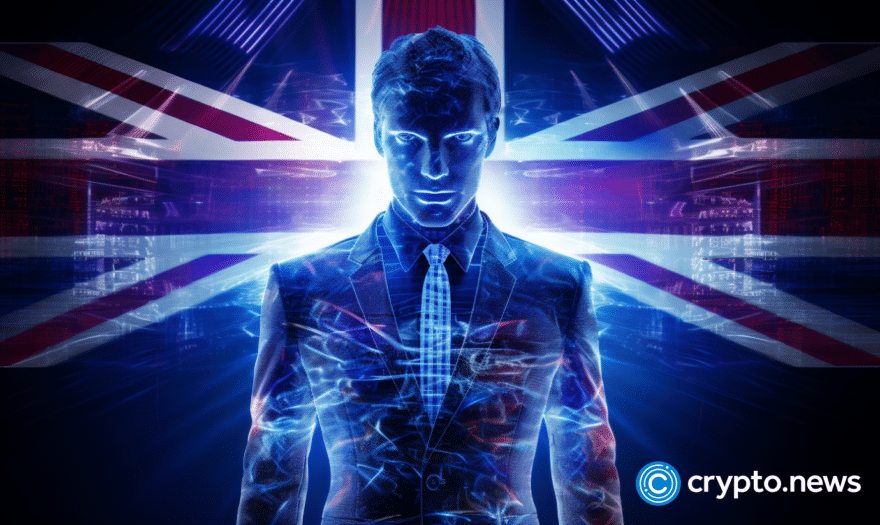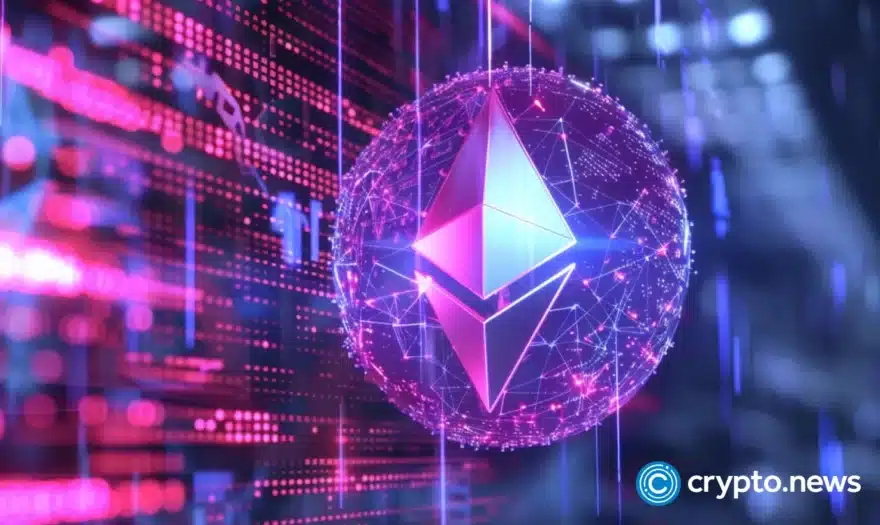Interview with Robin Matze, Blockchain Lawyer and Advisor to the German government
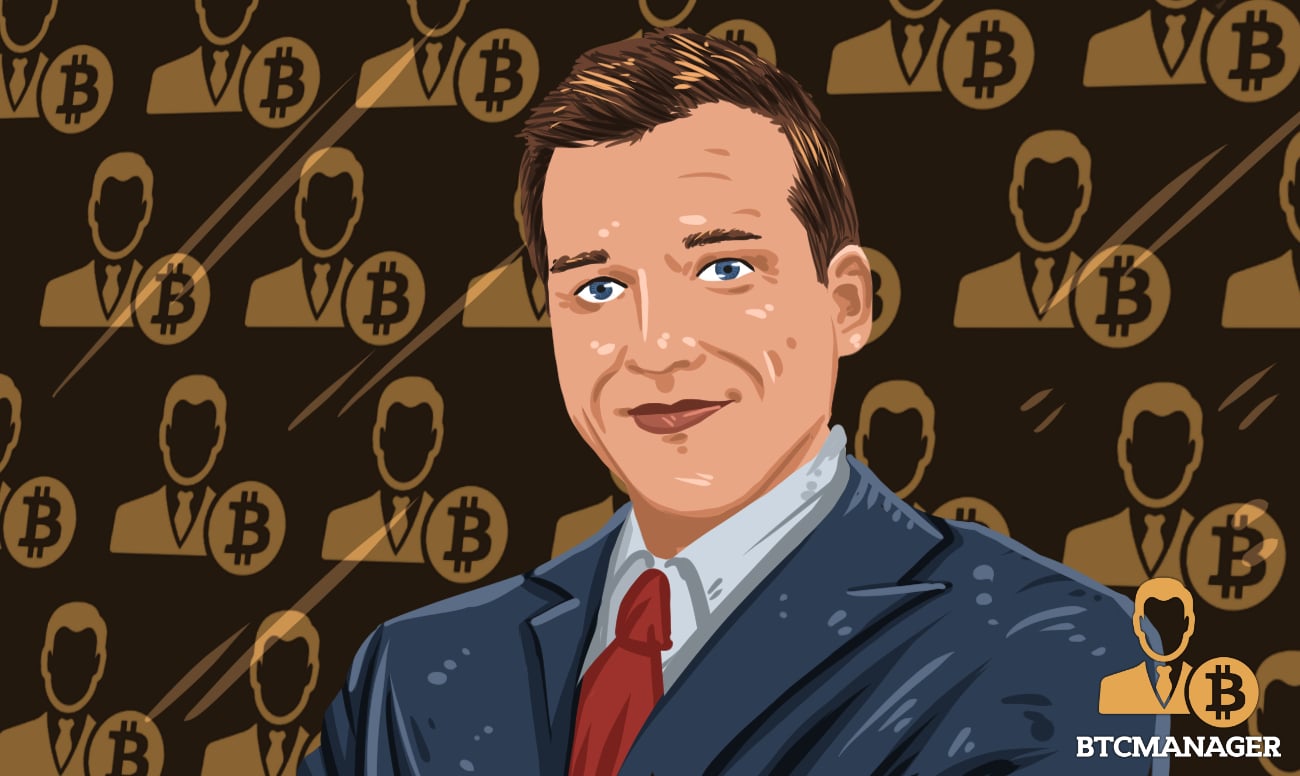
There are few things more complex than Blockchain and crypto legislation, especially when it comes to getting laws passed that will bring about adoption.
BTCManager speaks with Robin Matze, a blockchain lawyer and advisor to the German government about how to get those in positions of power to embrace blockchain and why blockchain education might not be needed in the way you think.
BTCManager
What do you think has caused countries in Europe to become much more serious about Blockchain?
Robin
I believe that, as more and more enterprises begin to adopt blockchain technology, member states are beginning to recognize its incredible potential and realising how it could impact their infrastructures and economies. In addition, many of the foremost innovators in the space are European or based here, and the size of the market and the emerging industry around it, in addition to its continued growth and potential has really made people sit up and take notice. The combination of these factors is why we are seeing countries take a more serious approach to blockchain and I am happy to see it happening.
BTCManager
The law aspect of blockchain is still quite murky and regulations are shaky across the globe. What can be done to improve on the legal aspect of Blockchain?
Robin
Fragmentation of the law is a consequence of decentralized, national regulations. That is not necessarily bad — it encourages competition to actually improve the law. However, at least from my point of view and with special regard to the German and European legal system, blockchain does not really cause too much trouble. During the time of ICOs, there was a problem with circumventing existing regulation. This approach is always “shaky” and “murky” as we now observe with certain projects who turn out to have violated compliance. Nevertheless, regulated STOs still reveal that not every aspect of the law is prepared for example for self-custody. Central depositories are still the standard. I do believe that these problems will be solved very soon.
BTCManager
When interacting with lawmakers, what would you say is their biggest concern regarding Blockchain?
Robin
In my experience, lawmakers are particularly curious about blockchain. In my perception, lawmakers are very open-minded. However, we should keep in mind that, for example, there will be a paradigm shift from central depositories to self-custody of (tokenized) securities. This overturns some of the typical procedures and regulatory decisions that have held fast for decades.
We should also understand that political systems quite often lack a culture of failure. This tends to lead to lawmakers taking a rather cautious approach, especially with regard to new and emerging technologies. When it comes to innovation, it would be much better to have a more agile approach to lawmaking. That would require the lawmakers themselves to monitor relevant developments on an ongoing basis and to have the courage to correct regulatory mistakes if necessary. This would have the added benefit of enhancing the trust of the people in their political institutions by seeing that undesired developments are fixed rapidly.
BTCManager
While a lot is being done to educate the public about Blockchain, what can be done to educate those in positions of power (for example, IOTA gave a demonstration to the UK parliament)?
Robin
I strongly believe in self-education and I see the stakeholders doing exactly this. Private consultations are continuously taking place in order to build that knowledge. But, to be honest, I do not think that everybody needs to understand the technology. Mass adoption will rather come with an intuitive user-experience. If blockchain is not able to meet the users’ needs, the technology will fail sooner or later, irrespective of their technical knowledge.
Robin
People do not need to know that they are in fact interacting with a blockchain. There are a lot of things to learn that are much more important.
BTCManager
Do you think a universal legal standard will be created for blockchain worldwide or will each country have its own Rules?
Robin
I do not see a need for a universal legal standard for blockchain. At its core, blockchain is simply a new technology that can be made fruitful in various aspects of the law (e.g. contract law, procedural law, financial law, etc.). If we look at the internet and its regulation, we also see a vast scope of different approaches. There are and will be more initiatives to actually harmonize these fields. That is good as it reduces transactions costs. However, at the end of the day, a global law would always be a lowest common denominator. In reality, for example in securities law, there is a huge difference between common law countries and civil law countries that would be very difficult to resolve.
BTCManager
Considering the stark differences between attitudes towards Blockchain across the world (Malta is very friendly towards crypto and China has banned it), do you think global adoption can be reached in the near future?
Robin
It is not the technology but only certain aspects related to it, such as mining or investing in ICOs for example, that are politically undesired. A ban has never stopped people from using something that is useful to them. People will always find ways to circumvent the ban; the use of VPN-gateways to circumvent geo-blocking comes to mind, for example.
In terms of adoption, it will come with practical use cases rather than with regulation. I strongly believe that one of the best use cases will be found in the financial sector.
BTCManager
Do you think crypto will be the vehicle through which Blockchain will be introduced into the world on a large scale or will practical blockchain applications take the cake?
Robin
Currencies are an absolute essential, they are the lubricant of every economy. From a monetary perspective, it is questionable if the existing crypto-currencies are the “better” currencies compared to central bank money. In fact, to date we have seen relatively little adoption for payment. There could be various reasons for this, such as barriers to access, deflationary mechanisms, and so on. At the end of the day, I do think that practical applications will be used more frequently, but crypto-currencies will play a key role in this emerging economy. I believe, however, that the next big thing of blockchain application will be the tokenization of financial assets.
BTCManager
You said the tokenization of assets is the next step in the evolution of finance. Could you touch a bit on that?
Robin
The first question is: Why would you tokenize an asset? The answer is quite simple. By having digital securities, for example (e.g. token, you can easily issue and trade those digital values at the lowest costs all around the globe.
Then, crypto-currencies come into play for purchasing digital securities. Smart contracts that can actually interact with crypto-currencies can settle the issuance or trade of any tokenized security in a trustless and cheap process in real-time.
By tokenization, you combine these two factors.
Tokenization of assets is the technical act of legally securitizing a right or share certificates. Those Security Tokens are backed by real-world assets, which, on the one hand, leads to a stable valuation with modest growth potential. On the other hand, Security Tokens come with some additional legal challenges. You are operating in a highly regulated sector in the interest of investor protection.
But regulation also means certainty. As soon as we reduce the regulatory risks by creating transparent securities prospectuses that have been approved by the Financial Market Authorities we are paving the way for a new form of investment.
Once tokenized, the benefits for asset managers and fund developers are plentiful. Tokenizing assets means that they can liquidize former illiquid assets such as real estate. They can easily integrate those assets on secondary markets, which guarantees instant liquidity and makes them globally tradeable 24/7. And it broadens their investor base towards by utilizing crypto-payments and by onboarding investors from all over the world at almost no cost.
Similarly to the wave of the utility tokens and ICOs in the past, we cannot fully predict the full potential and implications Security Tokens will have. But it is safe to say that Security Tokens bring with them significant commercial maturity and integrity.



